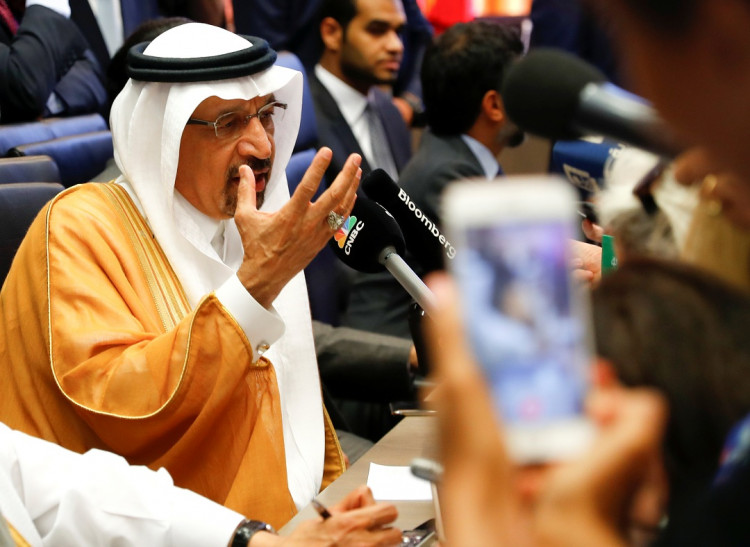The Organization of the Petroleum Exporting Countries (OPEC) announced this week that it would be extending its production cuts for yet another nine months to maintain support for global prices.
The move comes as global oil prices continue to dip amid pressures from weakening economic growth around the world and a surplus of oil produced by the United States.
Ministers from member countries met in the group's headquarters for the 15th Joint Ministerial Monitoring Committee (JMMC) yesterday. After five hours of discussions, the group finally came to an agreement to extend production cuts until the end of March 2020. The initially agreed upon production cuts was originally implemented in 2017 and was due to expire this month.
According to the group, the decision to extend the cuts was based on the apparent "economic bearishness" brought about by several factors, including the ongoing trade tensions between China and the United States as well as other "geopolitical issues."
The move to extend production cuts was reportedly supported by Iran, which is currently at odds with Saudi Arabia over the recent attacks on two oil tankers in the Strait of Hormuz and the ongoing war in Yemen.
A senior Iranian official even mentioned during an interview that the country had no problems with an extension, even if it was decided to be much longer.
Prior to the announcement, two of the biggest producers within OPEC, Russia and Saudi Arabia, met over the weekend to discuss the topic of production cut extensions.
The group first introduced the measure shortly after the last global oil price crash. Russia's oil minister Alexander Novak reportedly met with Saudi's oil minister Khalid Al-Falih at the sidelines of the recently held G20 summit in Japan over the weekend.
In anticipation of OPEC formal announcement of the extension, oil prices surged at the start of the week. The increase was also propped up by the recent announcement of a trade ceasefire between China and the United immediately following the meeting between Chinese President Xi Jinping and US President Donald Trump at the G20 summit. US oil prices increased by more than 1.1 percent on Monday.
The announcement will likely not be a welcomed one for the United States, given Trump's previous call for more oil to be produced by OPEC. The US is currently now the largest oil producer, overtaking both Russia and Saudi Arabia. The massive increase in production is mainly due to the recent activities in the Permian Basin in West Texas.






